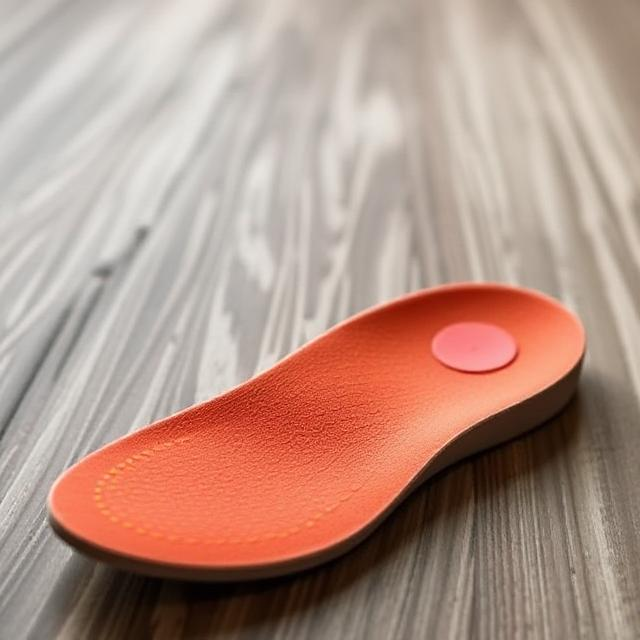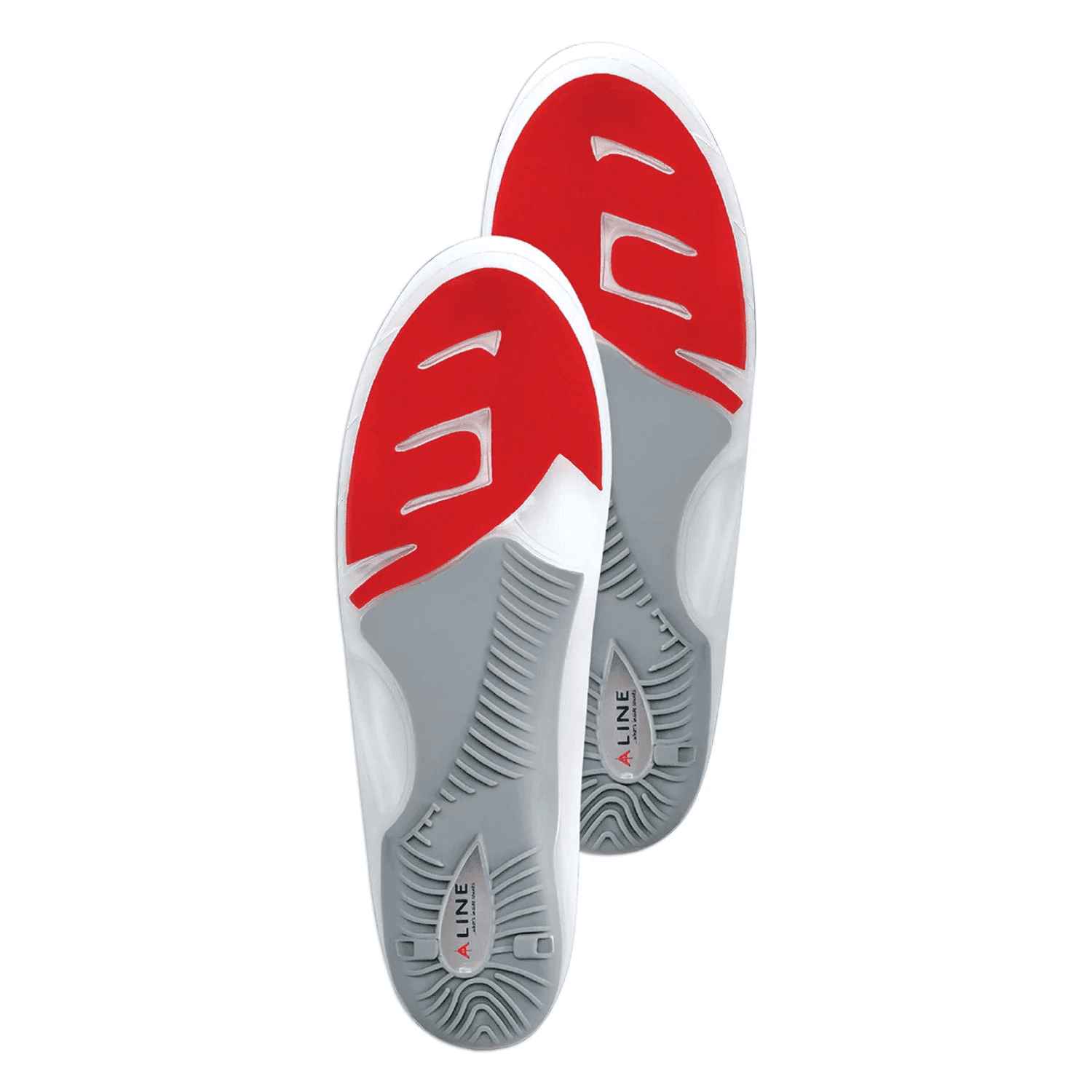Foot health plays a crucial role in overall well-being, and insoles can provide the necessary support to prevent discomfort and pain. Many people struggle with foot issues and wonder whether investing in custom insoles is worth it compared to over-the-counter (OTC) options. This article explores both choices to help you make an informed decision.
What Are Custom Insoles?
Custom insoles are specially designed footbeds tailored to an individual’s foot structure, gait, and specific needs. They are created based on foot scans or molds, ensuring a precise fit.
What Are Over-the-Counter Insoles?
Over-the-counter insoles, also known as prefabricated or generic insoles, are mass-produced and designed to fit a variety of foot shapes. They are readily available in pharmacies, sports stores, and online marketplaces.

Differences Between Custom Insoles and OTC Insoles
1. Cost Comparison: Are Custom Insoles Too Expensive?
Custom insoles can cost anywhere from $200 to $800, whereas OTC insoles typically range from $20 to $60. While the price gap is significant, custom insoles offer long-term durability and personalized support.
2. Durability: Which Insoles Last Longer?
Custom insoles are made from high-quality materials and can last for years, whereas OTC insoles usually wear out within six months to a year, requiring frequent replacements.
3. Comfort Level: Do Custom Insoles Feel Better?
Custom insoles provide targeted support for conditions like flat feet, plantar fasciitis, and pronation issues. OTC insoles offer cushioning but may not address specific foot problems effectively.
4. Arch Support: Which Option Offers Better Stability?
Custom insoles are designed to match the exact arch type of the wearer, offering superior stability. OTC insoles come with generic arch support, which may or may not suit every foot type.
5. Pain Relief: Can Insoles Help with Chronic Foot Pain?
If you suffer from foot pain due to medical conditions, custom insoles can provide significant relief by correcting biomechanical imbalances. OTC insoles may help with mild discomfort but might not be sufficient for chronic pain.
6. Customization: How Do Custom Insoles Adapt to Your Feet?
A podiatrist or orthopedic specialist assesses your foot mechanics before designing custom insoles. This level of customization ensures better foot alignment compared to one-size-fits-all OTC options.
7. Who Should Use Custom Insoles?
People with severe foot conditions, such as bunions, diabetic foot ulcers, and severe pronation, benefit more from custom insoles than OTC alternatives.
8. Who Should Use Over-the-Counter Insoles?
If you need extra cushioning for daily activities or mild arch support, OTC insoles can be an affordable and convenient choice.
9. Are Custom Insoles Worth It for Athletes?
Athletes often require enhanced foot support due to high-impact activities. Custom insoles improve performance and reduce the risk of injuries better than generic insoles.
10. Breaking-In Period: How Long Do Insoles Take to Adjust?
Custom insoles require a break-in period of a few weeks to adapt to your feet. OTC insoles provide immediate comfort but may not offer long-term corrective benefits.
11. Do Custom Insoles Help with Posture?
Yes, they can correct foot alignment, which in turn improves posture and reduces strain on joints. OTC insoles provide some posture support but may not correct underlying issues.
12. Can Custom Insoles Prevent Foot Conditions?
Properly designed custom insoles can prevent issues like plantar fasciitis, heel spurs, and Achilles tendonitis by promoting correct foot movement. OTC insoles can only provide temporary relief.
13. Are OTC Insoles Bad for Your Feet?
While OTC insoles are not necessarily harmful, choosing the wrong type can lead to improper foot support and potential discomfort.
14. Do You Need a Doctor’s Prescription for Custom Insoles?
Custom insoles require a professional evaluation, and in some cases, a prescription may be needed for insurance coverage.
15. Final Verdict: Should You Choose Custom or OTC Insoles?
The choice depends on your needs. If you have serious foot issues, custom insoles are a worthwhile investment. However, if you need basic support, OTC insoles are a cost-effective solution.
Regardless of your choice, ensuring proper foot support is essential. Aline Insoles offers a balance between quality and affordability, making them a great alternative for those seeking effective foot relief.

